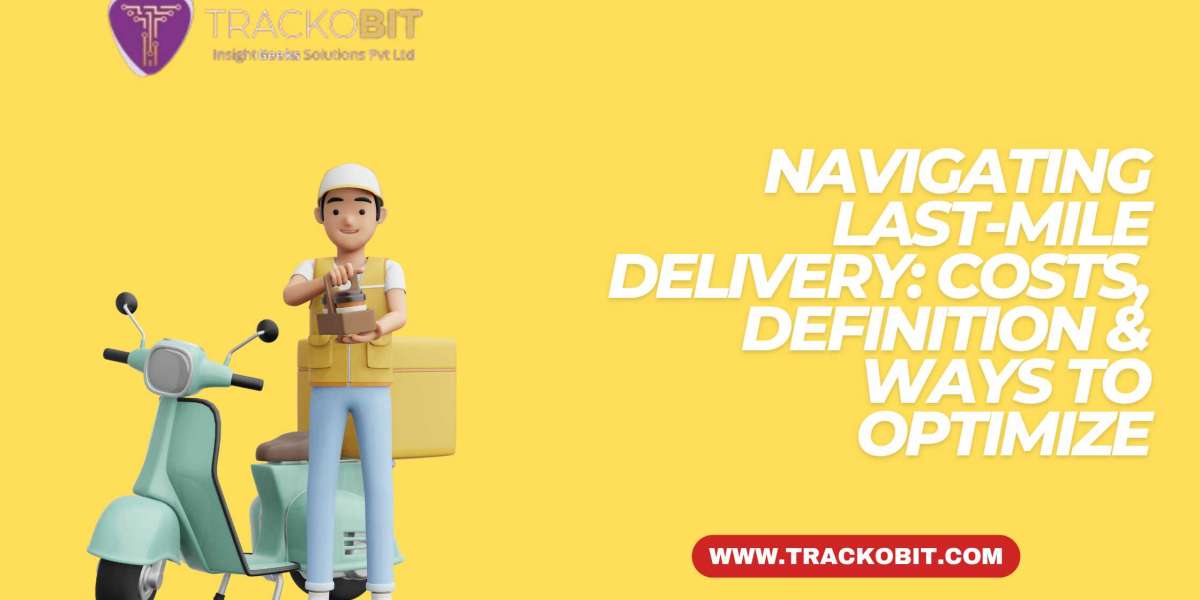What Is a Life Longevity Calculator?
A life longevity calculator is basically a digital quiz. You input personal details—your age, weight, medical history, exercise habits, diet, smoking status, and even how stressed out you are—and it estimates how long you might live.
Some calculators are short and sweet: “What’s your birth year and do you smoke?” Others dive deep, asking about cholesterol levels, family history of disease, whether you drink red wine, and how often you floss (seriously).
The more detailed ones often use actuarial data (the same kind insurance companies use) and health statistics pulled from studies. Others are more entertainment than science. But the idea is the same: to offer you a rough idea of your potential lifespan based on known risk factors and lifestyle choices.
Why Are People So Drawn to These Tools?
Because we’re human. And humans are curious—especially about our own futures.
Some of us are motivated by fear. Some by planning. Others by the strange thrill of knowing something we probably shouldn’t want to know. But for most people, it boils down to this: we want to understand our health in a more tangible way.
When you hear, “eat better, move more, sleep longer,” it can feel vague. But when a calculator shows you how those habits could add (or subtract) years from your life? Suddenly, it feels real.
What Do These Calculators Actually Measure?
A good longevity calculator will look at several areas of your life:
- Personal Info
Your age, gender, and location. Basic, but important. Women tend to live longer than men. People in some countries outlive others due to access to healthcare, diet, and environmental factors.
- Medical History
Do you have high blood pressure? Diabetes? A history of cancer? Your current health status plays a huge role in predicting future risks.
- Lifestyle Habits
Do you smoke? How much do you drink? What’s your diet like? How often do you exercise? Sleep patterns? These are all powerful indicators of long-term health.
- Mental and Social Health
This one surprises people. But loneliness, stress, depression, and lack of social connection can all impact how long (and how well) we live.
Can You Actually Trust the Number?
Sort of.
A longevity calculator isn’t a psychic. It can’t predict car accidents, genetic mutations, or groundbreaking treatments. It can’t measure your willpower, joy, purpose, or the unexpected curveballs life throws your way.
But that doesn’t mean they’re useless. When they’re based on real research and data, they can be a useful guide—a snapshot of how your current habits and health might shape your future.
It’s not about certainty. It’s about probability.
Think of it like checking the weather. It might say there's a 70% chance of rain tomorrow. That doesn’t guarantee a storm—but it’s probably a good idea to bring an umbrella.
What Can You Actually Do With That Information?
Let’s say the calculator tells you your estimated lifespan is 75. Or maybe it says 89. What should you do with that?
Here are a few things to consider:
- Use It As a Wake-Up Call
If the number is lower than you expected, don’t panic—but do reflect. Are there habits worth changing? Maybe it’s finally time to quit smoking, go for that walk, or book that overdue physical.
- Make Smarter Plans
Whether it’s retirement, travel, or family, having even a rough idea of your longevity can help you plan more realistically. You might reassess how long you expect your savings to last—or decide not to put off your dream trip to Europe.
- Talk to Your Doctor
A calculator can raise flags, but a doctor can help make sense of them. Use it as a conversation starter. “Hey, I took this quiz online, and it got me thinking—can we talk about my heart health?”
- Focus on What You Can Control
You can’t change your age or genetics. But you can improve what you eat, how you move, how much you sleep, and how you manage stress. Small, consistent actions have a big impact over time.
A Word of Caution
Not all calculators are created equal. Some are well-researched. Others are… less so. If you’re going to use one, go with a reputable source—ideally something tied to a healthcare institution, university, or insurance provider.
And don’t obsess. These tools are starting points, not verdicts. Life is more than numbers.
Final Thoughts
A life longevity calculator is like a flashlight: it won’t show you the entire path, but it can help you see what’s right in front of you. It gives you a way to pause, take stock, and decide if the way you’re living lines up with how long—and how well—you want to live.
In the end, it’s not just about adding years to your life. It’s about adding life to your years.
So go ahead. Take the test. See the number. Then get on with the important stuff—like spending time with people you love, moving your body, eating something green, and laughing a little more than yesterday.
Because no matter what the calculator says, today is what really counts.







